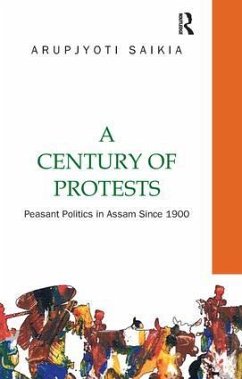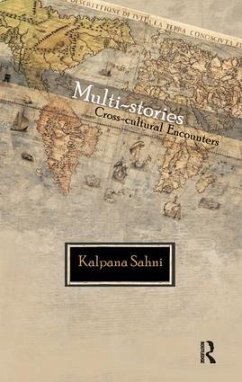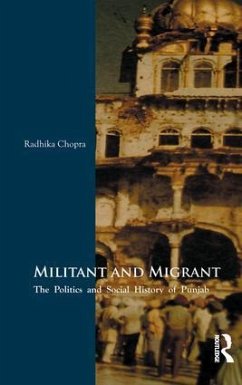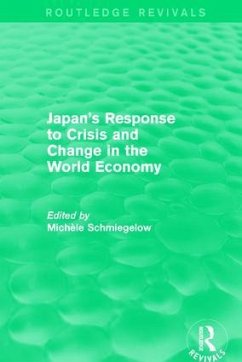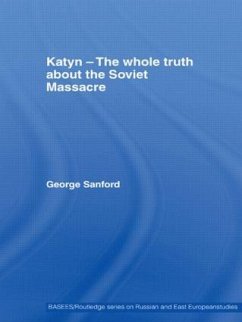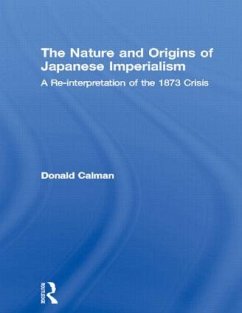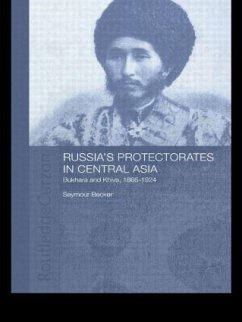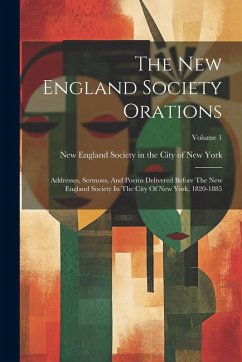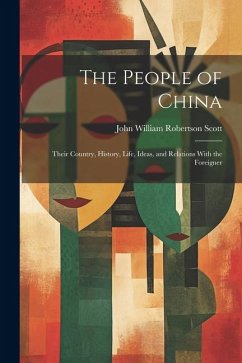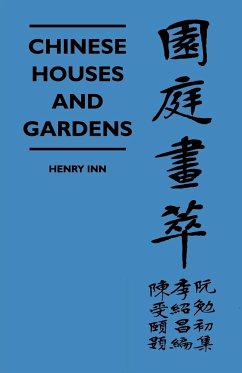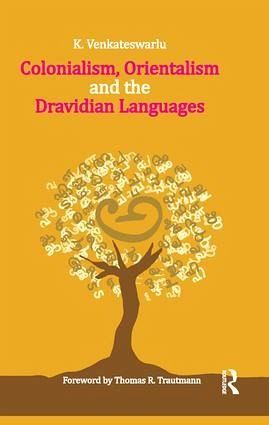
Colonialism, Orientalism and the Dravidian Languages
Versandkostenfrei!
Versandfertig in 1-2 Wochen
60,99 €
inkl. MwSt.
Weitere Ausgaben:

PAYBACK Punkte
30 °P sammeln!
The Dravidian language family is marked historically by a protracted struggle between Tamil and its aggressively assertive supremacy, and the consequent peripheralizing of other majoritarian languages of the region. This book looks at the development of Telugu - with its unique grammatical and lexical tradition as instrumental in the construction of the concept of the Dravidian language family in 1816, and in the development of comparative linguistics since that time. The author's arguments locate Telugu in multiple matrices: of historical and theoretical Orientalism; the colonial state's inte...
The Dravidian language family is marked historically by a protracted struggle between Tamil and its aggressively assertive supremacy, and the consequent peripheralizing of other majoritarian languages of the region. This book looks at the development of Telugu - with its unique grammatical and lexical tradition as instrumental in the construction of the concept of the Dravidian language family in 1816, and in the development of comparative linguistics since that time. The author's arguments locate Telugu in multiple matrices: of historical and theoretical Orientalism; the colonial state's interest in native languages; the politics of state patronage; questions of cultural assimilation and divergence; the overbearing presence of Tamil and its literary traditions; and the related inter- and intra-civilizational dialogues. The book thus grapples with the tortured emergence of Telugu - a product of the dynamics of Andhra society, economy, polity and culture influenced and driven by Muslim, Hindu and Western influence. With its richly textured narrative, this book will be of interest to those in the fields of history, sociology, socio-linguistics, colonial studies, and literature, apart from the generally interested reader.





